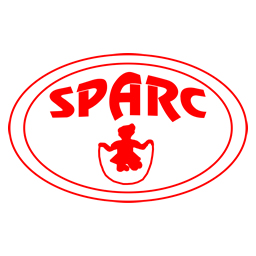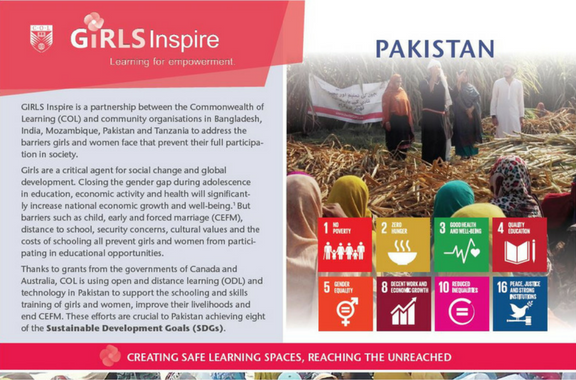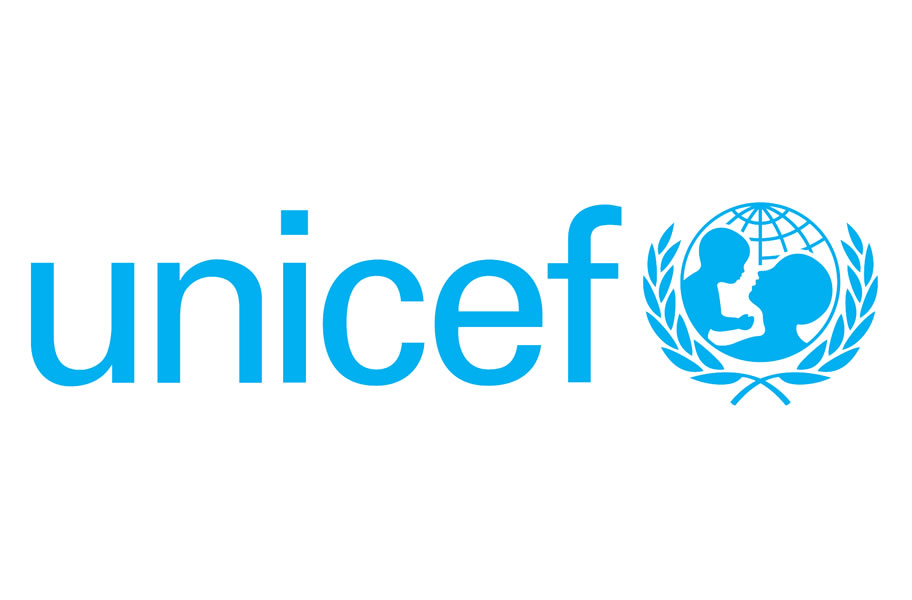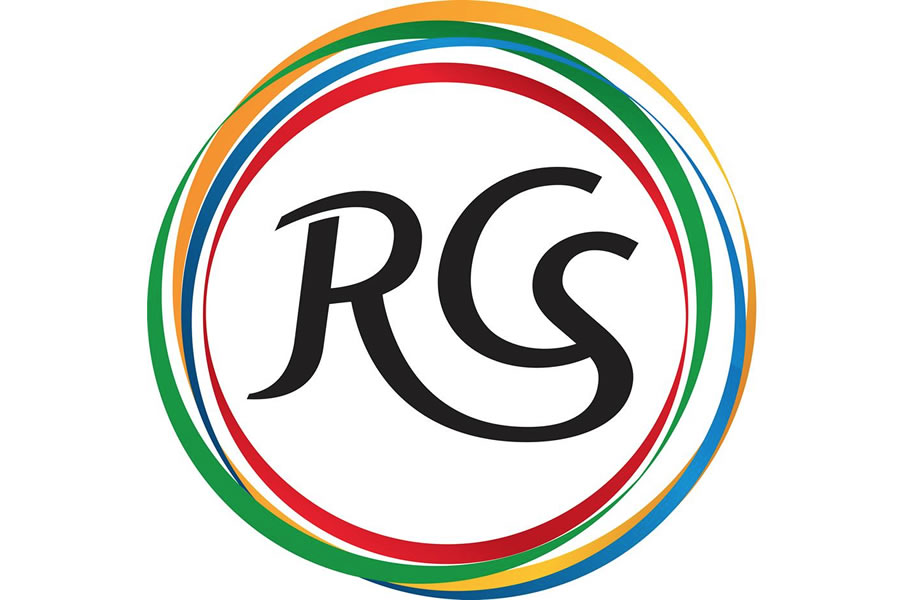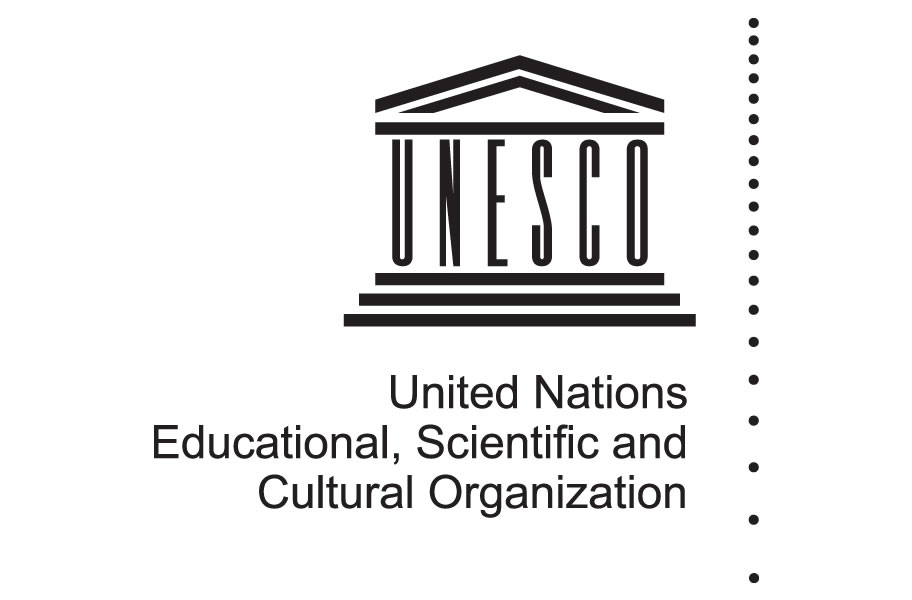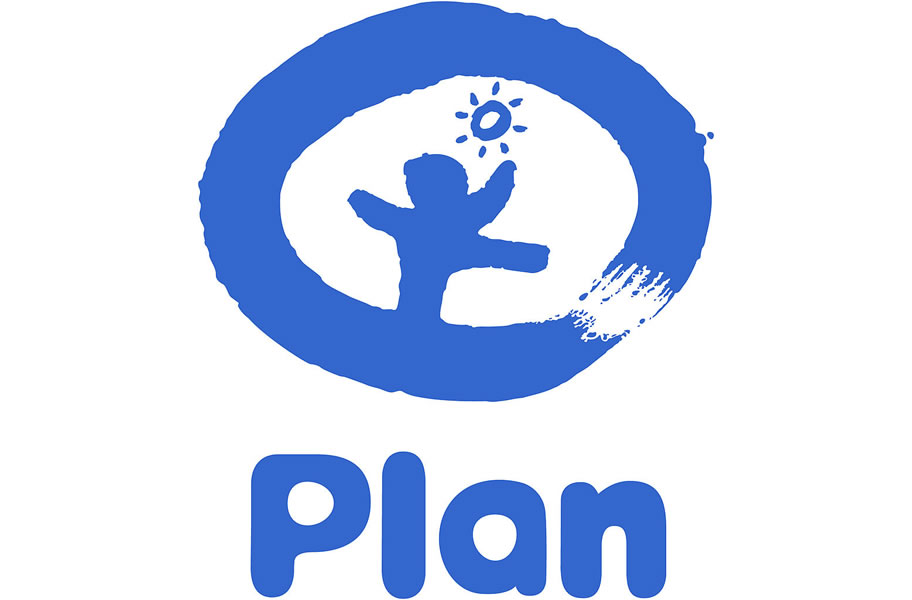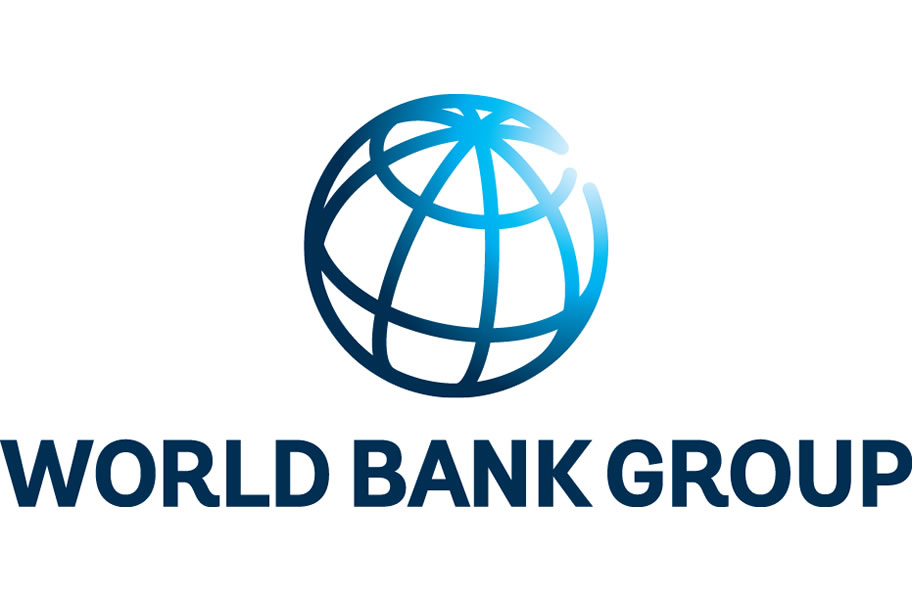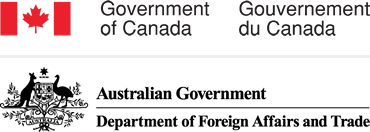The barriers girls face in Pakistan
Girls’ education is at a disadvantage in Pakistan. The number of primary schools for boys stand at 98,638, while those for girls are at 53,822 (Alif Ailan). Girls’ enrolment rate at primary level stands at 64 per cent, of which 34 per cent drop out. The enrolment rate for girls at secondary level is a mere 23 per cent, while the state is constitutionally bound to provide free education up to secondary level (Article 25-A of the Constitution of Islamic Republic of Pakistan).
Early marriage deprives girls of many of their basic rights including the right to education, the right to play, the right to health, the right to marry a person of her choice, among others.
Girls’ education has proven to be a good measure to delay marriages. Lack of education results in less economic opportunities for women and girls, and those who still opt to join the workforce get petty jobs, face sexual harassment, gender-based violence (GBV), and much more.
As most of the girls drop out of school at primary level, they are forced into child labour, child domestic labour, household chores, and are soon married off by their parents in order to have one less mouth to feed.
According to the Innocenti Research Centre, UNICEF, 37 per cent of Pakistani girls get married before reaching the age of 18. Pakistan Demographic and Health Survey (2006-07) mentions in its section on teenage fertility that almost half of the girls between the ages of 15 to 18 years were already pregnant or had a baby to take care of.

Girls Inspire in Pakistan
GIRLS Inspire works in the target districts of Muzaffargarh and Bahawalpur in South Punjab to provide schooling and skills training to disadvantaged women and girls. On the Education Index, Muzaffargarh and Bahawalpur stand at 88th and 85th, respectively, out of nearly 150 districts in terms of education levels (Alif Ailan District Ranking 2015).
In Pakistan, the collaboration between the Commonwealth of Learning (COL), Bedari and the Society for the Protection of the Rights of the Child (SPARC) works to strengthen its own organisations, to raise awareness within communities about the barriers to girls’ empowerment and to provide learning opportunities in order to empower those who are currently married (victims of child marriage) and those at risk of early marriage.
The focus of Bedari will be to raise awareness in the target communities through theatre performances, sessions for parents, local opinion makers, and boys and men, self-growth sessions for girls and advocacy events. The mission is to bring to light the harmful impact to society of child, early and forced marriage and other gender-based discrimination and violence.
The work of the Society for the Protection of the Rights of the Child is focused on promoting and protecting the rights of girls and to empower them through service delivery and capacity building. The mission is to provide employment-oriented skills training, to work with training institutions to strengthen placement opportunities for girls and to connect girls with small/micro-financing schemes for sustainable economic empowerment.
Outcomes
Outcome 1
Institutions improve institutional capacity to design and deliver quality gender sensitive skills-oriented learning programs for girls and women and increase their technical skills to leverage open and distance learning (ODL) which address the barriers girls and women experience, among local partners.
Outcome 2
Communities increase awareness on the benefits of girls’ education, and the use of open, distance, and technology-based education and training, among parents and community leaders, as well as increased awareness of the negative consequences of child, early and forced marriage (CEFM) on development.
Outcome 3
Girls increase their knowledge about their health and social rights and the negative consequences of child, early and forced marriage (CEFM), gain skills that are locally relevant and validated by the labour market, and have aspirations for employment.







